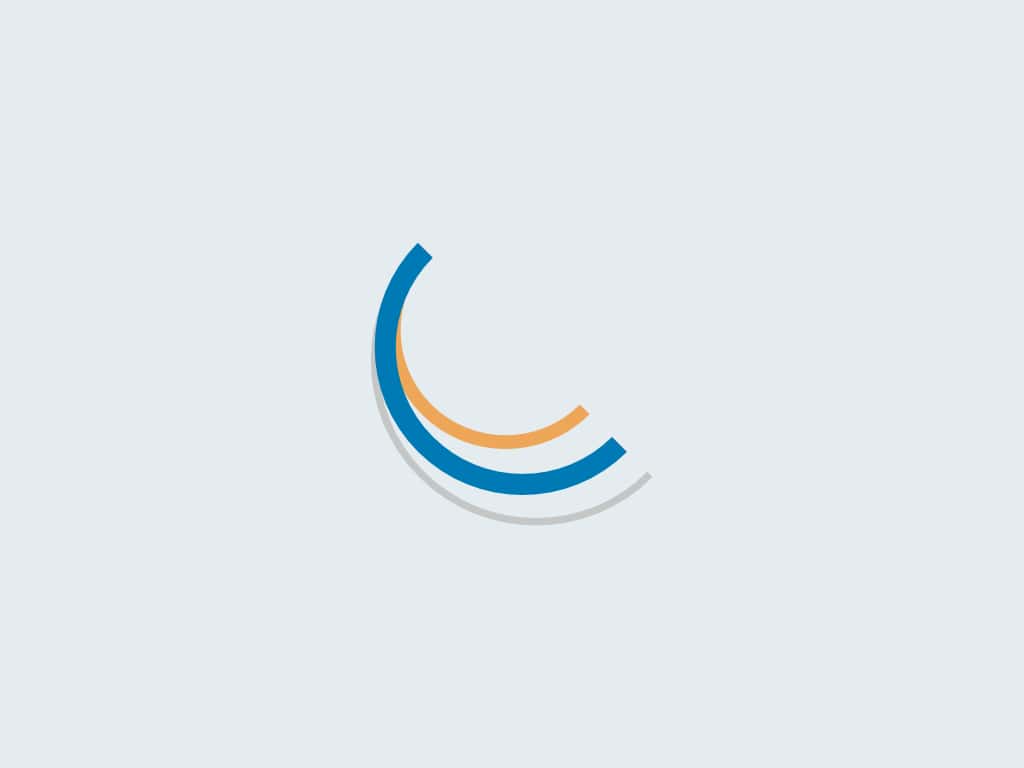
No. 26 - Max Hänska: Public communication for the common good? On the is-ought distinction in the media and communications field
The quality of our news diet, the polarizing effects of political communication, or the way digital, social and mobile media are transforming public communications have long been matters of concern. Studies in media and communications have concluding, among other things, that public communication is in crisis (Blumler and Gurevitch 1995), that the public sphere is becoming trivial, ineffective, or afflicted by fragmentation (Keane 1995). Social erosion theories linked news coverage to cynicism, alienation and declining trust in political institutions (Cappella and Jamieson 1997; R. Putnam 2000), while evidence suggests that partisan media can polarize audiences (Levendusky 2013). More recently the mainstreaming of digital, social and mobile media fueled hopes for a participatory democratic renewal. But the same technologies can also augment inequalities in political knowledge, while the amount of biased and misinformation appears to be on the rise in increasingly fragmented and polarized online information spheres (Papacharissi 2002; Aelst et al. 2017). Some argue that making public communication more deliberative can counteract pernicious trends. As with most social sciences, media and communication research has always straddled the intersection between normative and empirical inquiry.
About the author
Max Hänska
Max Hänska is a Senior Lecturer (Assistant Prof.) at De Montfort University, and an associate at the LSE’s Civil Society and Human Security Research Unit. In 2017, he was ZeMKI Visiting Research Fellow at the University of Bremen. His research explores the role of digital technologies in political communication and citizen journalism. Furthermore, some of his work centres on normative questions that arise at the intersection between communication and collective choice. He is the founding editor of the Euro Crisis in the Press blog: http://blogs.lse.ac.uk/eurocrisispress/. For more information, see: www.haenska.net.

